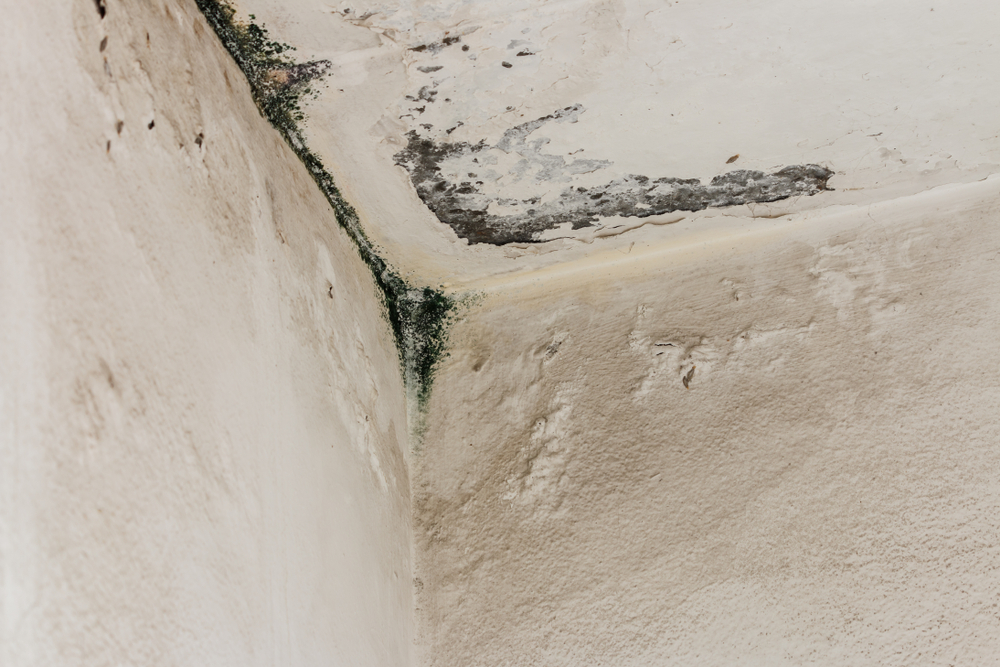UK Property in news

Picture this: You come home after a long day at work, and notice some odd coloured spots on your wall but choose to ignore it. A couple of weeks later and you realise that the spots have increased in number and decide to call in some experts, who then tell you that you’ve got a mould problem. Now, imagine this problem across thousands of homes in the UK. In case of situations like these, who should foot the bill?
The Guardian reports that a survey on landlords and tenants reveal that both parties are largely unaware of their legal obligations. A
good place to start would be The Landlord and Tenant Act of 1985, which applies to leases that are 7 years or less in length and covers
pretty much all of these obligations. It states that landlords are responsible for repairing the structure and exterior of the dwellings
as needed. They also need to maintain installations in the dwelling, such as the water supply, gas, electricity, and sanitation (basins,
sinks, baths). Lastly, they must also repair and maintain heating for both the dwelling and water. The landlord is exempt from maintaining
and repairing interior fixtures such as fittings and appliances, which the tenant is expected to attend to. The legal obligations of the
tenants are much simpler. Seeing as landlords are not legally obligated to act if proper notice hasn’t been given, it is the tenant’s responsibility to let their landlord know of any issues that may require maintenance or repair to their dwellings.
Now that that’s out of the way, it’s time to talk about more specific issues that may cause confusion between tenants and landlords alike.
Section 11 of The Landlord and Tenant Act and Environment Act details that landlords are legally obligated to amend any issues that have to do with the basic build of the house, but this is where it gets tricky. Mould is caused by moisture problems brought about by several factors that could or could not be the landlord’s fault. If leaky pipes or structural defects cause the moisture problem then the landlord should definitely cover the costs of repair. But if the moisture problem is due to a lack of ventilation or bad upkeep, then the tenant is at fault and is expected to foot the bill.
The difficult thing about this is unless presented with explicit evidence of structural issues it’s the tenant who has to prove that the negligence isn’t on their side. However, it’s often difficult to prove what’s causing the mould without getting an official assessment from a professional first, so be sure to discuss plans with your landlord on getting this done.
Before you moved in, your landlord should have checked all the taps, sinks, bathtubs, drains, boilers, radiators, and pipes to ensure that
they are all in good condition. Landlords are liable for any plumbing issues that arise from problems that existed before you moved in. Once your tenancy starts, however, the responsibility for repairs depends on the reason behind the damage. Any misuse on your part will mean that you must foot the bill for repairs, but if the damage is caused by normal wear and tear, then the landlord is liable.
Overall, however, your landlord is responsible for maintaining things such as baths, toilets, and pipework. They’re also responsible for
maintaining your boiler and water tanks. Do not try to attempt to do the repairs yourself. Inform your landlord as soon as any issues
arise, as heating and plumbing specialists HomeServe recommend leaving repair work on your boiler and pipes to the professionals. Any small mistakes trying to amend these issues could make the problem even worse, and you’ll end up having to foot the bill instead.
Lastly, your landlord is legally obligated to handle repairs that have
to do with the exterior of the property, excluding garden walls,
gates, and outdoor paving. While your landlord isn’t legally obligated
to repair any interior issues, this changes if your interiors get
damaged due to the exteriors not being in good condition. However, if
you were to break a window by accident, for instance, then it goes
without saying that the landlord wouldn’t cover this. You would have
to pay for a replacement.
Finding out who is responsible for home repairs cannot be
over emphasized, as repairs are a serious matter. In fact, the
BBC reports that 5% of the total housing expenditure in the UK goes to
household maintenance and repair. Knowing your rights and obligations as tenants can save a lot in repairs in the long run, so keep this in mind the next time something breaks in your home. And keep up to date with any other updates via Ask Tenants




Sign in or Register to Comment